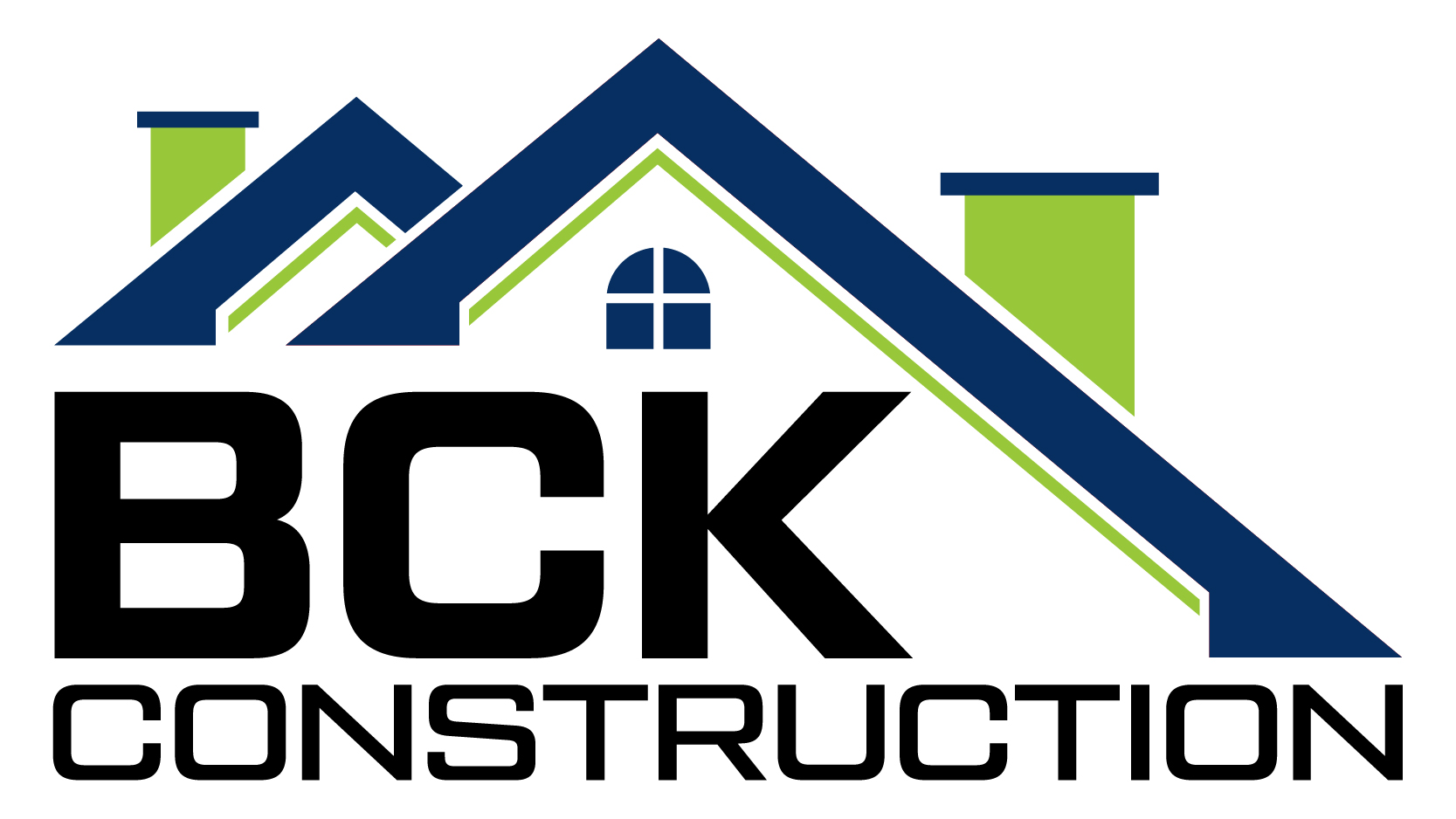Starting a general contracting business is an exciting venture that allows you to turn your construction expertise into a thriving enterprise. Whether you want to specialize in residential remodeling, custom home building, or commercial construction, this guide will provide you with the essential steps to launch and grow your business successfully.
Step 1: Develop a Business Plan
A solid business plan serves as the foundation of your contracting business. It assists you in outlining your objectives, plans, and specifics of operations. Add the following essential elements:
- Executive Summary: Describe the goals, products and services, and target market of your company.
- Market Analysis: Research your local construction industry and identify potential clients and competitors.
- Services Offered: Describe the kinds of projects you’ll be working on, such as additions, remodels, and new construction.
- Financial Plan: Incorporate your pricing plan, anticipated income, and startup expenses.
- Marketing Plan: Describe how you plan to attract clients and build your brand.
Step 2: Register Your Business
You must register your business with the relevant state and municipal authorities to conduct business legally. Here’s how:
- Choose a Business Structure: A corporation, limited liability company (LLC), partnership, or sole proprietorship are among the available forms. Because of its tax advantages and liability protection, an LLC is a popular choice among contractors.
- Register with the State: File the necessary paperwork with your Secretary of State’s office. For tax purposes, get a Federal Employer Identification Number (EIN) from the IRS.
- Obtain a Business License: For information on local licensing requirements, contact your local government.
- Name Your Business: Choose a name that reflects your services and is easy for clients to remember.
Step 3: Get Licensed and Insured
To operate, general contractors must possess certain permits and insurance. These steps will ensure you’re compliant:
- Obtain a Contractor License: To obtain a license in the majority of states, you must pass an exam. Provide proof of experience and financial responsibility.
- Secure Liability Insurance: Protect your business from potential lawsuits or claims.
- Purchase a Surety Bond: As a guarantee of performance, many states demand that contractors maintain a bond.
- Worker’s Compensation Insurance: This insurance is required if you intend to hire staff.
Step 4: Build Your Network
Relationships with clients, suppliers, and subcontractors are typically critical to success in the contracting business. Here’s how to build your network:
- Connect with Subcontractors: Establish partnerships with reliable plumbers, electricians, and other tradespeople.
- Build Relationships with Suppliers: Secure good terms with suppliers of construction materials.
- Join Local Trade Associations: Professional networking can result in collaborative opportunities and referrals. You can meet like-minded experts, for instance, by going to regional trade exhibitions or joining LinkedIn groups tailored to your field.
Step 5: Create a Marketing Strategy
To draw new customers and build your reputation, marketing is crucial. Consider these strategies:
- Develop a Professional Website: Display your portfolio, services, and contact details.
- Utilize Social Media: Post client endorsements, before-and-after pictures, and project updates.
- Leverage Online Directories: List your company on websites such as Yelp, Angie’s List, and Houzz.
- Invest in Local Advertising: Use print ads, and radio spots, or sponsor local events.
- Encourage Word-of-Mouth Referrals: One of your most effective marketing tools is a happy customer.
Step 6: Set Up Your Office and Tools
To run your business efficiently, you’ll need the right infrastructure and tools:
- Office Space: Establish a specific area for scheduling, contract management, and customer correspondence.
- Project Management Software: To handle deadlines, finances, and correspondence, use programs like Buildertrend or Procore.
- Construction Equipment: Spend money on high-quality equipment and cars for your projects.
Step 7: Manage Finances Effectively
Proper financial management ensures your business stays profitable:
- Open a Business Bank Account: Keep your personal and business finances separate.
- Set Up Accounting Software: Use tools like QuickBooks to track income and expenses.
- Create a Pricing Structure: Determine your rates for labor, materials, and subcontractor fees.
- Plan for Taxes: Work with an accountant to ensure you’re meeting all tax obligations.
Step 8: Focus on Quality and Customer Service
Your reputation as a general contractor depends on delivering high-quality work and exceptional customer service:
- Set Clear Expectations: Communicate timelines, budgets, and project details with clients.
- Hire Skilled Workers: Build a team of experienced and reliable employees.
- Ensure Compliance: Follow all building codes and safety regulations.
- Follow-Up After Completion: Check in with clients to ensure satisfaction and request testimonials.
Step 9: Continuously Learn and Improve
The construction industry is always evolving, so staying updated is crucial:
- Attend Workshops and Seminars: Learn about new building techniques and industry trends.
- Pursue Certifications: Gain credentials in green building, project management, or specialized construction skills.
- Seek Feedback: Use client reviews to identify areas for improvement.
Conclusion
Starting a general contracting business takes effort, dedication, and careful planning, but the rewards are worth it. By following these steps, you can create a respectable and prosperous company that realizes the dreams of your customers. We at BCK Construction LLC are here to support you as you set out on your adventure because we understand the importance of fine craftsmanship and attention to detail. Remember, every great business starts with a strong foundation—just like a great home!



